Do you think of cows and global warming in the same sentence? Most people think of carbon dioxide as the most troublesome greenhouse gas, but actually, methane is the more damaging of the two as it traps much more heat than carbon dioxide.
Methane pollution is thought to cause around a quarter of the global warming the Earth is currently experiencing.
Do cows contribute to global warming?
Cows and Global Warming
When you hear the word methane, you probably think of cow farts, but cow burps are also a big contributor to methane levels in the atmosphere. Livestock ( cows, pigs, sheep and other animals ) are responsible for 14.5% of global greenhouse gas emissions!! ( source - United Nations’ Food and Agriculture Organization)
How many cows are there?
There are thought to be over 1.3 billion cows on the planet, which amounts to a huge amount of methane!
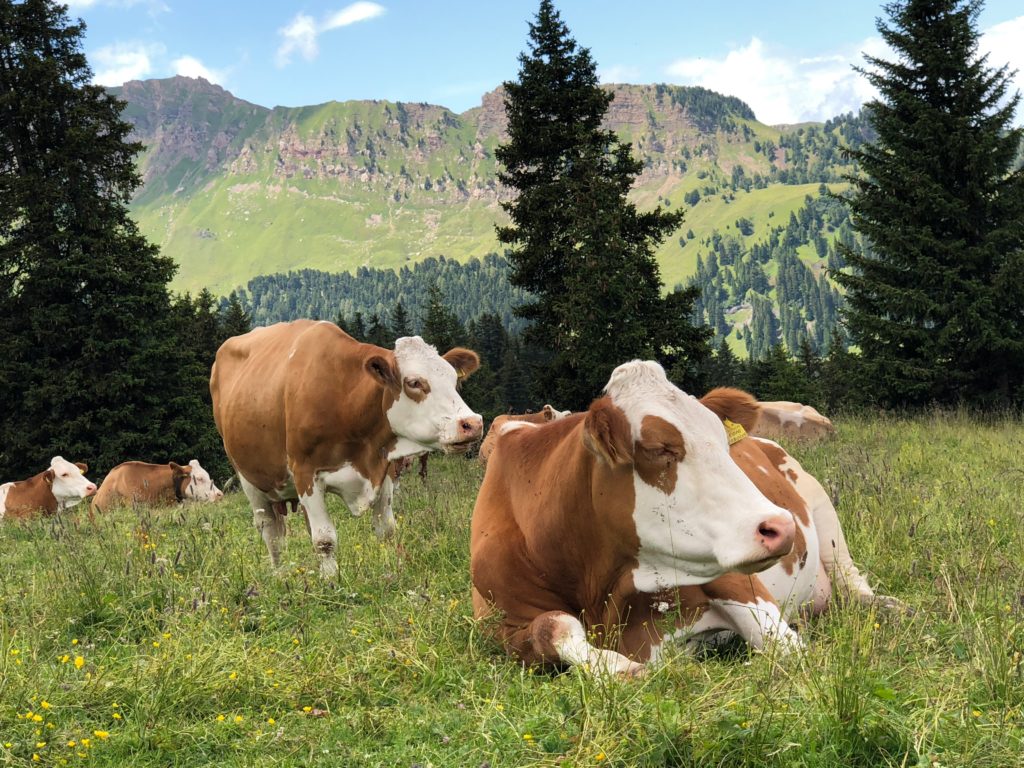
Breeding cows is a very inefficient as they are often fed maize and soy ( potential human food sources ) and need a lot of water and land.
If grazing land has been made available to cows by deforestation, this is a double blow as when trees are felled, they release carbon dioxide gas, whereas living trees take in and store carbon dioxide through the process of photosynthesis.
However, before you assign all the blame to cows, humans are actually responsible for most methane emissions.
Sources of Methane
Decaying vegetation
Livestock and farming
Leakage from industrial processes ( the oil and gas industry is thought to create ⅓ of emissions ). Read more about this here.
Plastic bags - studies have shown that plastic releases methane at several stages of its life.
Microorganisms feeding on vegetation also release methane. This is exacerbated by melting permafrost leading to the thawing of vegetation, which wouldn't normally be available for microorganisms to feed on.
How can we reduce methane emissions?
Reducing plastic usage is a good start, and we're already seeing fantastic steps forward with this. WWF has some great tips for changing how we use plastic.
Scientists are searching for ways to reduce emissions from cows, including feeding them special diets.
The world going meat free probably isn't the answer as this article explains.
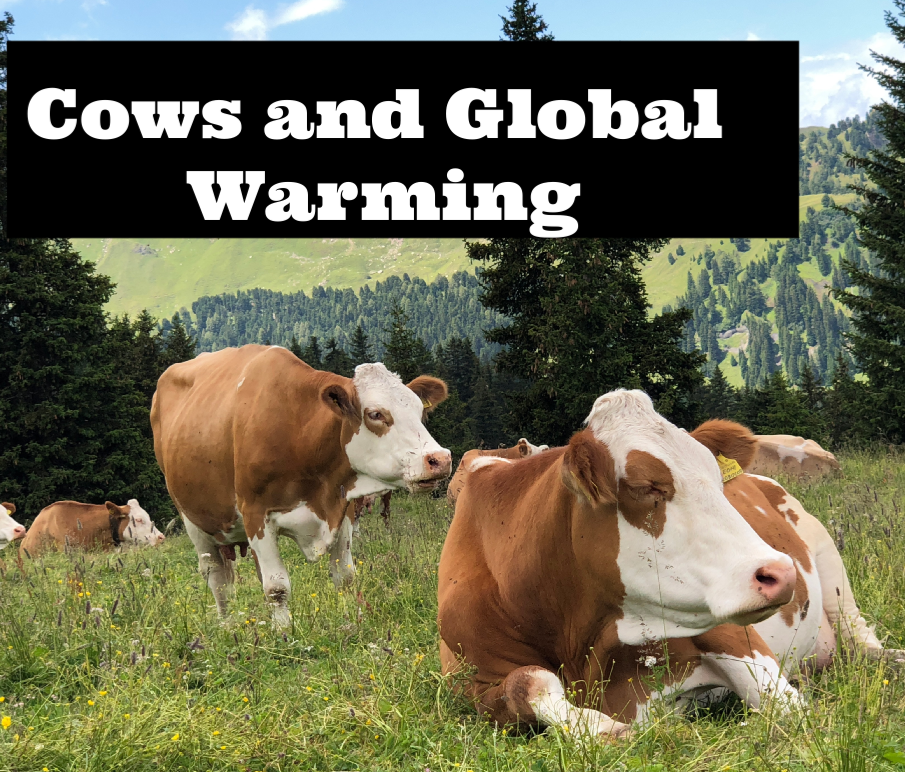
If you want to learn more about greenhouse gases, check out our candy greenhouse gas models too!
Last Updated on February 10, 2024 by Emma Vanstone
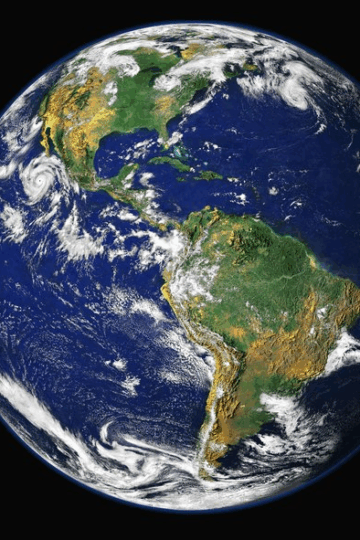
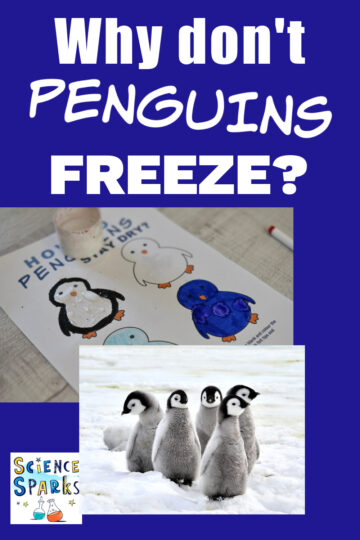
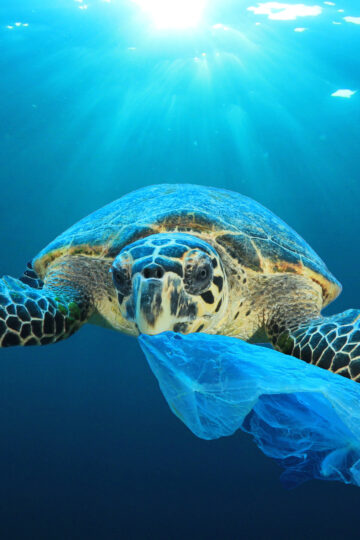
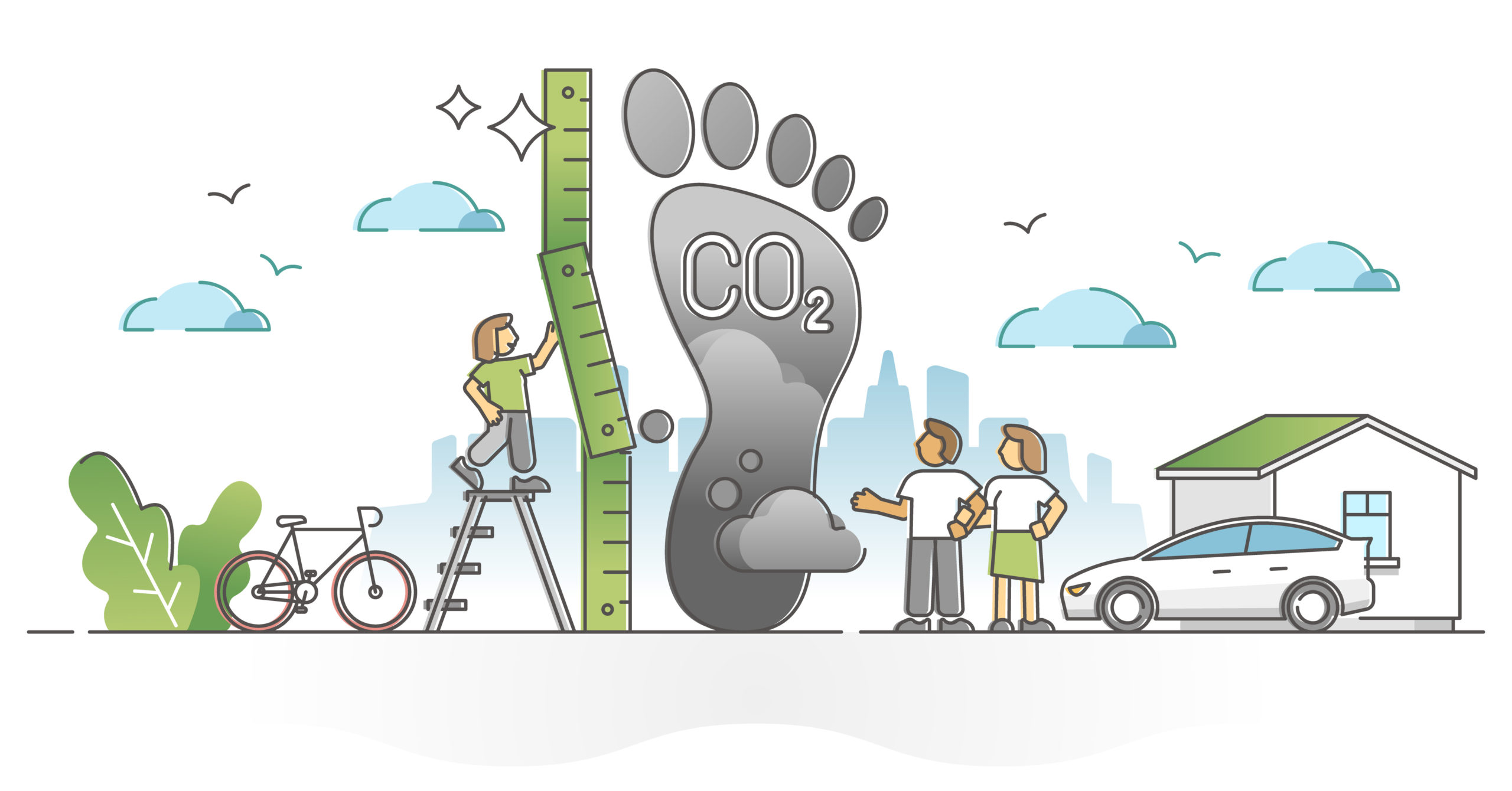
Leave a Reply